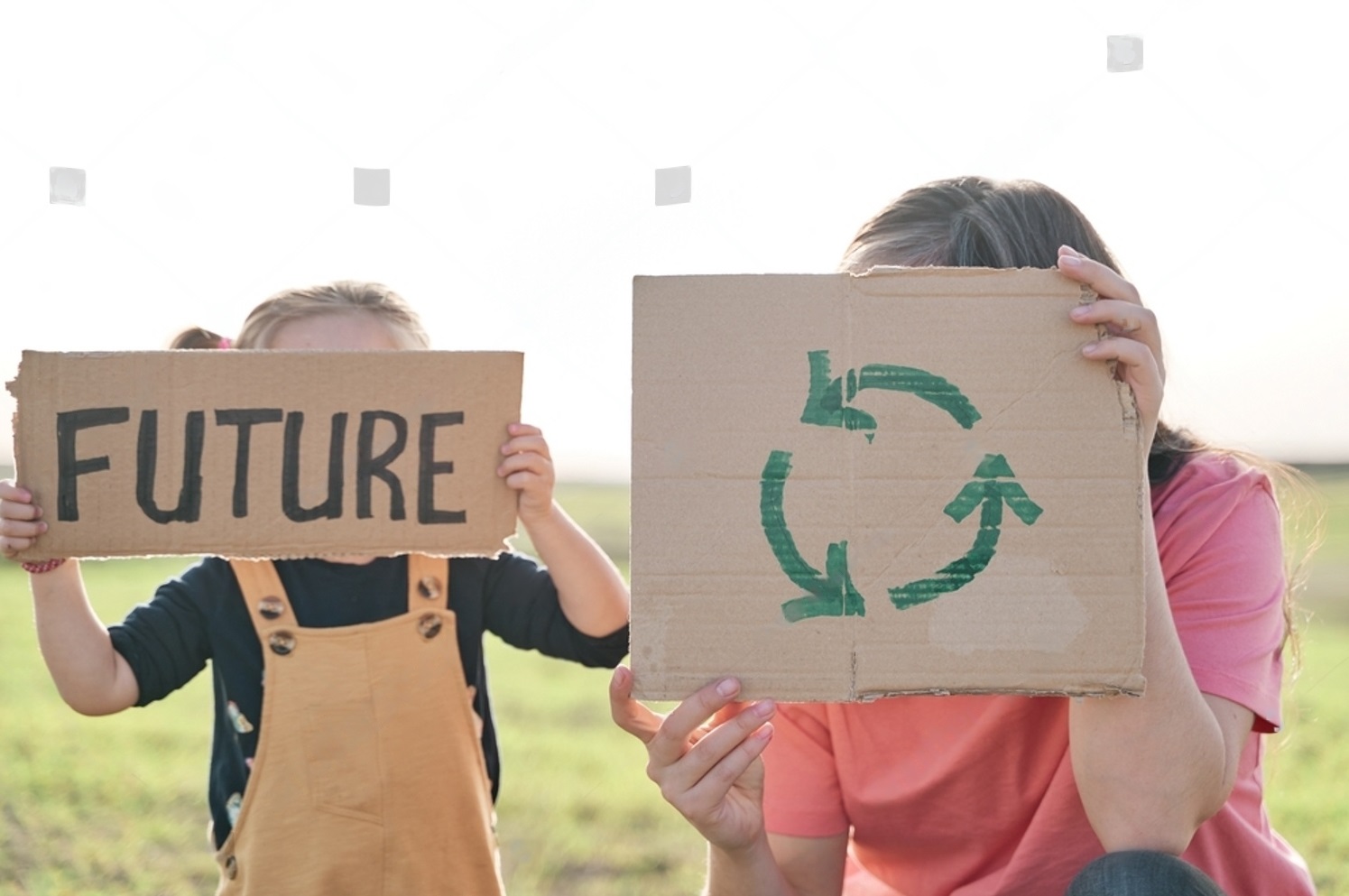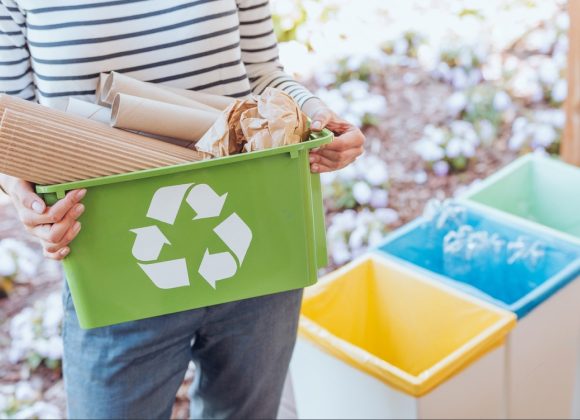Recycling has emerged as a crucial component of global efforts to combat environmental degradation and resource depletion. As our society grapples with the mounting challenges of waste management and resource scarcity, recycling plays a pivotal role in conserving natural resources, reducing greenhouse gas emissions, and mitigating the impact of human activities on the planet. This topic explores the future of recycling, delving into innovative technologies, policy frameworks, and community initiatives that promise to reshape our approach to waste management, create a circular economy, and foster a more sustainable future.
I. The Evolution of Recycling: A. Historical Perspectives: Tracing the roots of recycling practices from ancient civilizations to modern times. B. Industrial Revolution and Consumerism: How mass production and consumption transformed recycling challenges and opportunities. C. Rise of Environmental Awareness: The role of environmental movements in shaping contemporary recycling efforts.
II. Recycling Technologies and Innovations: A. Advanced Sorting Technologies: Analyzing AI-powered sorting systems, robotics, and automation in recycling facilities. B. Chemical Recycling: Exploring breakthroughs in converting plastic waste back into raw materials. C. Biodegradable Materials: Investigating the development of eco-friendly products designed to naturally decompose.
III. Challenges in Recycling Implementation: A. Contamination and Cross-Contamination: Identifying the persistent issue of impurities in recycling streams. B. E-waste Management: Understanding the complexities of recycling electronic devices and the hazards of improper disposal. C. Global Disparities: Examining the disparities in recycling infrastructure and practices among different countries and regions.
IV. Circular Economy and Sustainable Design: A. Transitioning from Linear to Circular Economy: Analyzing the concept of a circular economy and its potential to maximize resource efficiency. B. Sustainable Packaging Solutions: Discussing innovative packaging designs that prioritize recyclability and reduction of waste. C. Extended Producer Responsibility (EPR): Exploring how EPR policies can incentivize manufacturers to take responsibility for their products’ end-of-life stages.
V. Community Engagement and Behavioral Change: A. Recycling Education: The importance of public awareness and education in promoting responsible recycling practices. B. Community Recycling Programs: Highlighting successful community-led initiatives and their impact on waste reduction. C. Collaborative Efforts: The role of businesses, governments, and individuals in driving a collective recycling effort.
VI. Policy and Legislation: A. International Agreements: Examining global initiatives such as the Basel Convention and the Paris Agreement in promoting recycling on an international scale. B. National Recycling Policies: Analyzing the effectiveness of government policies in encouraging recycling practices. C. Incentives and Disincentives: Discussing the use of incentives and penalties to boost recycling rates.
Conclusion: The future of recycling presents both challenges and opportunities for building a sustainable world. By embracing innovative technologies, fostering a circular economy, promoting sustainable design, and encouraging active community engagement, we can create a thriving recycling ecosystem that conserves resources, reduces pollution, and paves the way for a greener future. Policymakers, industries, communities, and individuals must work hand in hand to overcome the obstacles and realize the full potential of recycling as a vital component of our journey towards a more environmentally responsible and sustainable society.





